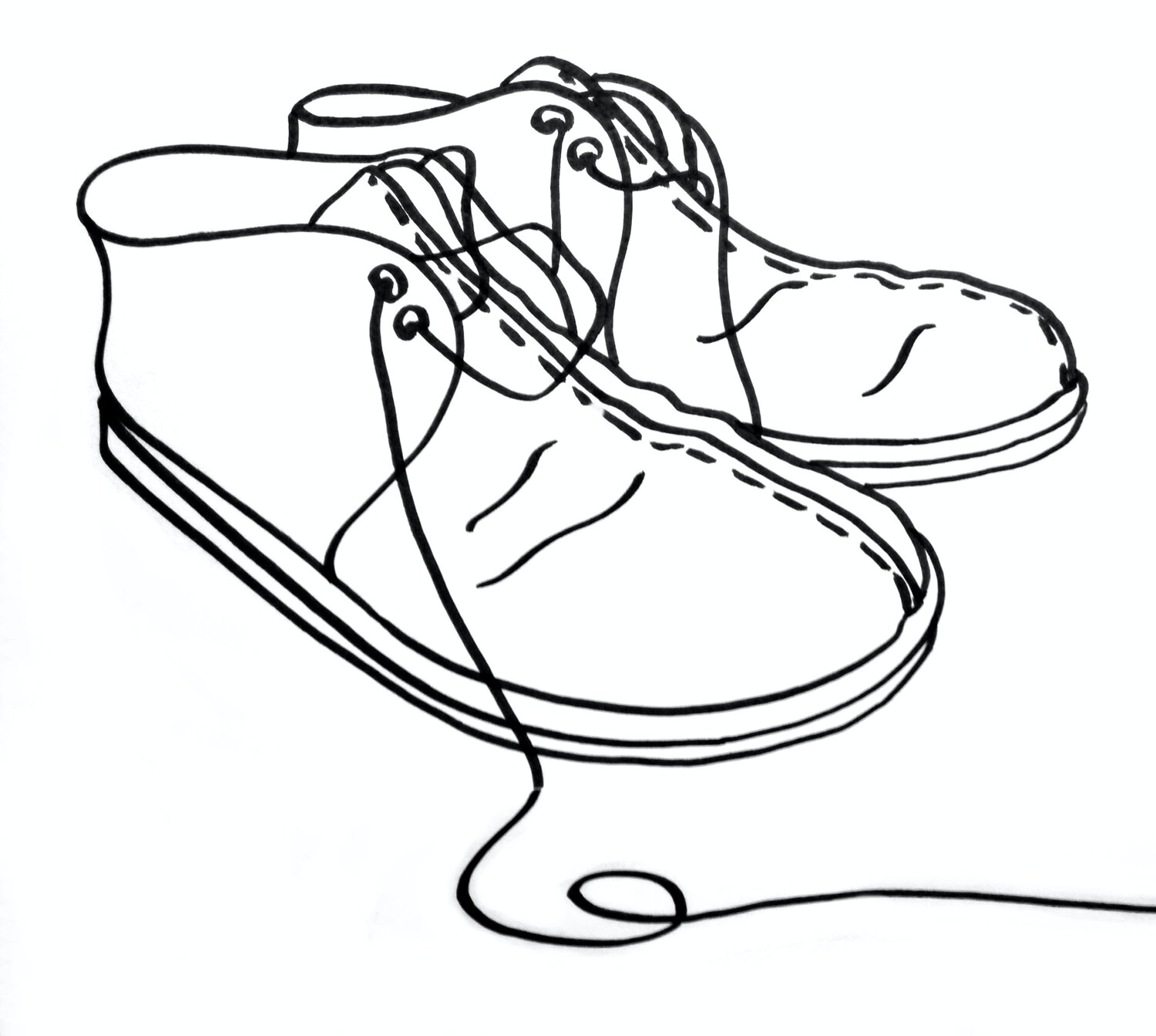Article for THE Campus: Indigenous knowledge provides skills for lifelong learning that AI cannot
Earlier this year, in my role as an an Academic Board member I was privy to conversations strategising our University’s response to emerging generative AI technologies (particularly ChatGPT). Similar conversations were occurring in Universities all over the world.
At the same time (following a period of deep reflection about my identity as a white British-born academic living and working in Australia), I had been reading Lynne Kelly’s book Memory Craft, exploring Indigenous Knowledge systems. I had also just finished reading Margo Neale and Lynne Kelly’s First Knowledges book Songlines: the power and the promise.
I couldn’t believe how relevant the Indigenous Knowledge systems and memory techniques they described were for maintaining the skills we risk losing through the use of AI. I also couldn’t believe how important these systems were for addressing the climate emergency.
As the weeks and months passed, I followed emerging responses to AI from academics and organisations from around the world. I became increasingly frustrated by an overwhelming attitude that seemed to embrace generative AI for teaching and learning while demonstrating a worrying lack of concern for the losses it represents. Furthermore, there seemed to be little/no recognition of how Indigenous perspectives and practices could help.
So I wrote this short article which was picked up by the THE Campus.
I am not an Indigenous scholar, and Indigenous Knowledge systems aren’t my area of research, however I come with humility and an unreserved respect for those who are building work in this important area, and with the recognition that this conversation is relevant to all, no matter who we are, where we are or what we teach/research.
It wasn’t until I read Neale and Kelly, and later, Tyson Yunkaporta’s book Sand Talk: how Indigenous thinking can save the world that I finally got it: as Kelly and Neale propose, we need to move past learning about Indigenous Cultures to learning from them. I truly believe our future lives and planet depend on this shift.
For anyone who doesn’t yet understand the value of Indigenous perspectives, particularly anyone who lives in Australia and doubts the value of an Indigenous Voice to Parliament, please read the Times Higher Education Campus’s recent collection of articles and advice about decolonising the curriculum.
This needs to happen, not to right past injustices to First Nations Peoples (although that is reason enough), but to set us on track to meaningfully and productively address the critical challenges of the 21st century.

